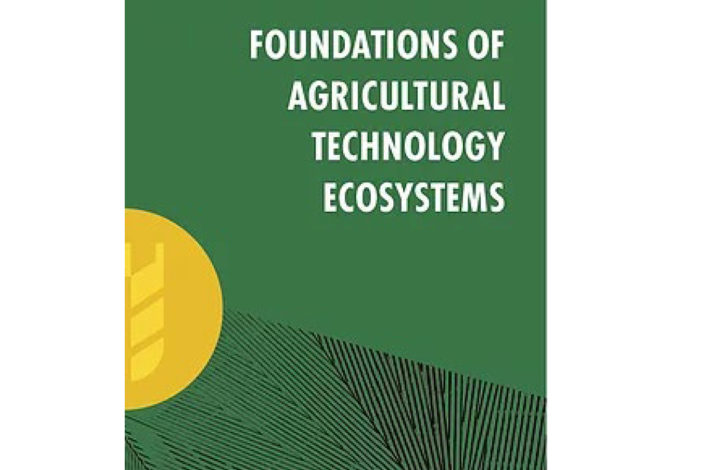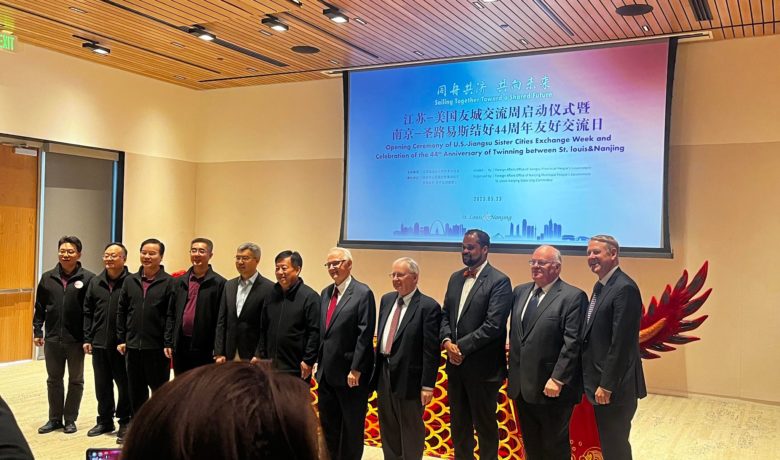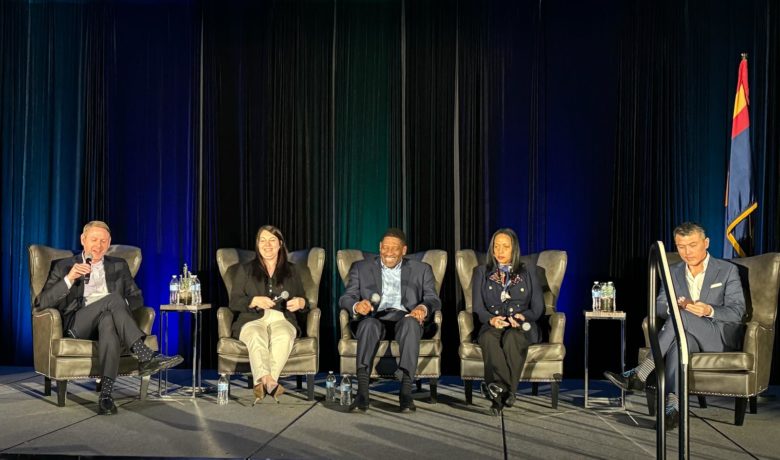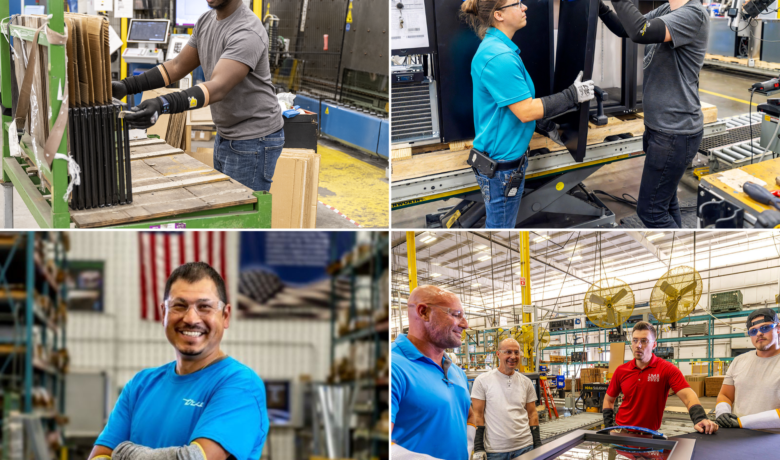Foundations for Agricultural Ecosystems
“Innovation does not happen in a silo – it requires support from the community. AgTech innovation is crucial for sustainable food production into the future. Thus, we must work together in global collaborations such as this to better communicate and enable the creation of these communities.” Connie Bowen, Yield Lab
The Yield Lab Institute, Washington University’s Olin School of Business, and the Universidad Austral completed a first of its kind assessment describing the AgTech rules of engagement necessary for a region to be successful. Entitled “Foundations for Agricultural Systems” the Yield Lab Institute’s Executive Director, Connie Bowen, edited the report. Assisting her was a team of Washington University students from the Olin Business School’s Center for Experiential Learning.
“Connie Bowen, the Yield Lab Institute, and their research partners provide a clear set of findings that show key elements needed by a region for AgTech success,” said Sean Mullins, Foreign Direct Investment Director at the World Trade Center St. Louis. “Through our work with the Brookings Institution to create a St. Louis specific foreign direct investment plan, we clearly see the rich opportunity AgTech has in St. Louis. Foundations for Agricultural Systems is a valuable tool for the World Trade Center St. Louis to reference as we look around the world for similar AgTech potential.”
The report was a first phase of a multi-step process to define the rules of engagement for regional AgTech success. The report found opportunities across human capital, financial capital, public policy, infrastructure, and connectivity in both St. Louis and in Rosario, Argentina, also a recognized agricultural industrial hub. Of the many points made by the researchers, they make a clear statement that AgTech entrepreneurial ecosystems need different modeling than those shown in traditional cluster initiatives. AgTech ecosystems must enable connectivity among all the AgTech stakeholders, from farmers to startups to funders to eaters, and everyone in between.
Download the full report here.





